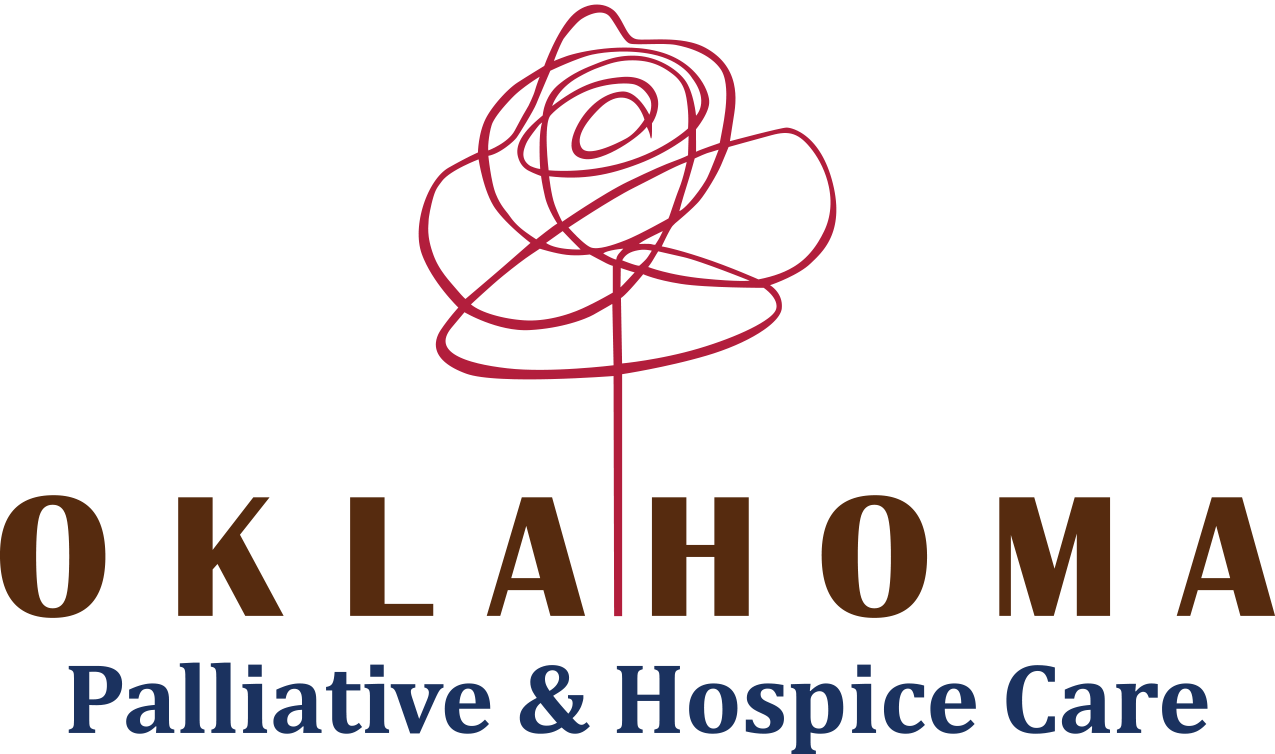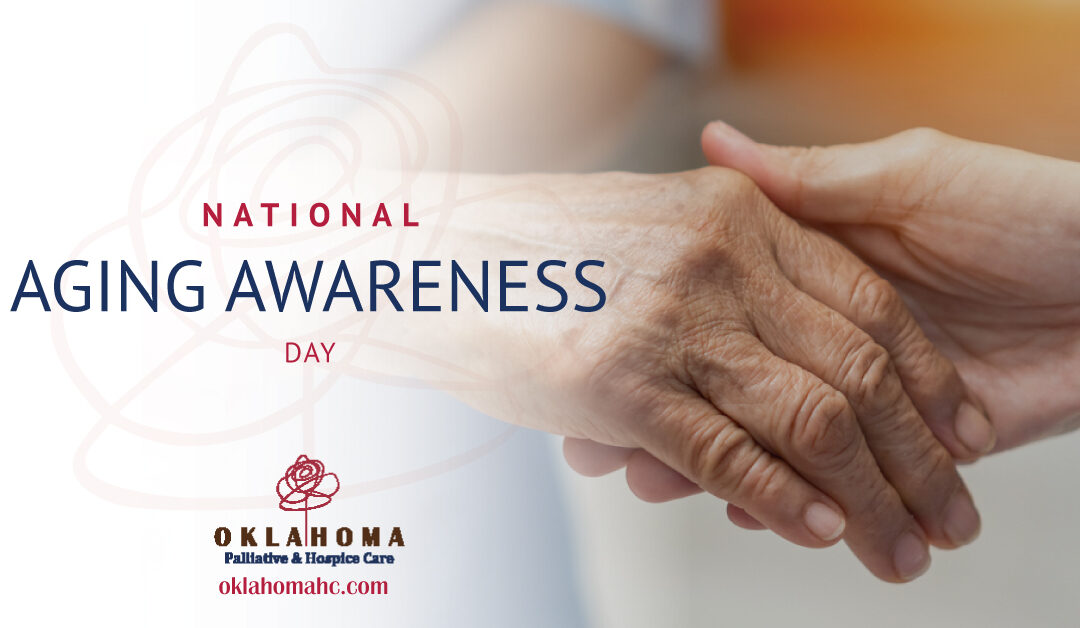National HIV and Aging Awareness Day is a time to reflect on how older adults are affected by HIV. Wherever they are in their lives, we must ensure they have access to the services and support they need to live healthy and meaningful lives. It’s also a day to consider how hospice and palliative care professionals can help.
HIV and Aging Statistics
The Centers for Disease Control (CDC) estimates that 1.1 million people in the U.S. living with HIV are 50 or older, and 590,000 of those are 65 or older. In addition, the National Institute on Aging estimates that this number will double by 2030 if current trends continue unchecked.
HIV disproportionately affects the elderly; as they age, they may experience more issues than younger people. For example, their immune systems might be weaker, making them more likely to get sick or develop other conditions like heart disease. But that’s not all—they may also have trouble taking their medications as prescribed due to issues like dementia or muscle weakness.
How Hospice & Palliative Care Professionals Can Help
All of the above factors can make it difficult for older people living with HIV/AIDS to manage their condition, which is why it’s so crucial for them to have access to hospice care services. Hospice care provides support for people who are terminally ill, helping them live as fully as possible until the end of their lives. The goal is not just for patients’ comfort but also for their quality of life—without this type of support, many would feel isolated from family and friends or pressured into making treatment decisions earlier than necessary.
Hospice and palliative care professionals are experts at helping patients address many pain issues—physical and emotional—and can help them find ways to manage their symptoms through medication management, counseling, community support groups, or other resources.
Hospice and palliative care professionals can help patients with HIV live better lives by providing the following services:
- Continuous pain management: Hospice programs provide access to a full-time pain management team that includes doctors, nurses, pharmacists, physical therapists, occupational therapists, and other health care professionals who work together with the patient’s primary care physician to develop an effective plan for managing their pain while maintaining quality of life as much as possible throughout their illness.
- Care teams also provide services such as end-of-life care planning so that patients know what they want at the end of their lives so that their families don’t have to guess what their wishes would be if they were unable to.
- Supporting them in getting the counseling and medications they need for co-occurring conditions or other illnesses that may affect their ability to stay healthy and independent, as well as their concerns about living with HIV.
- Helping them find transportation services if they don’t have access to reliable transportation.
- Providing spiritual support from a chaplain or clergy member if desired by the patient or family members.
- Making sure that the patient’s family is getting support: Hospice and palliative care professionals can ensure that the family of a patient with HIV receives support from other members of their community, including other people living with HIV.
As hospice and palliative care professionals, we are uniquely equipped to help those living with HIV age gracefully and die peacefully. We can provide them with the resources they need to manage symptoms of aging so that they can maintain their independence for as long as possible. We can also ensure that these individuals have access to hospice care when they need it most—when their condition deteriorates beyond what medical treatment can manage alone. Contact us today for more information.

